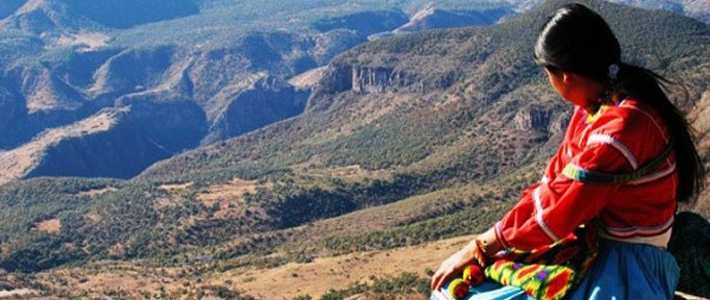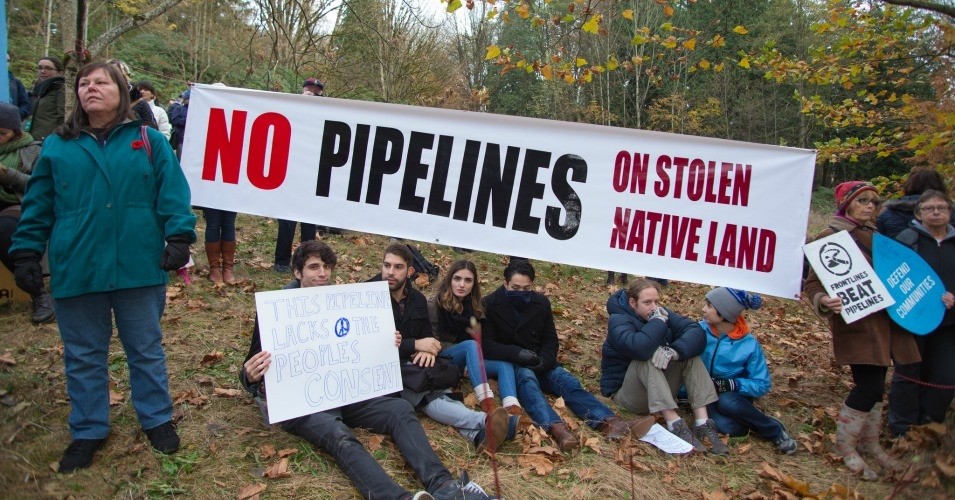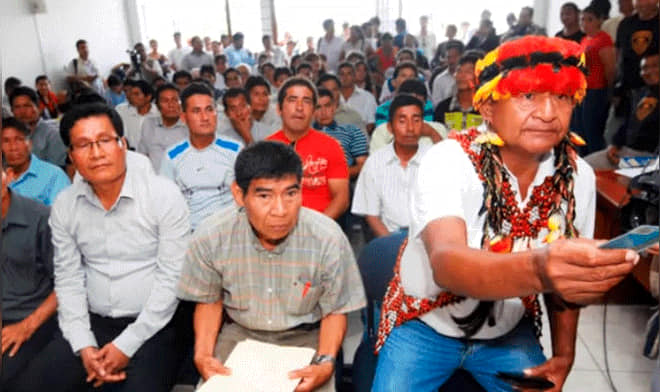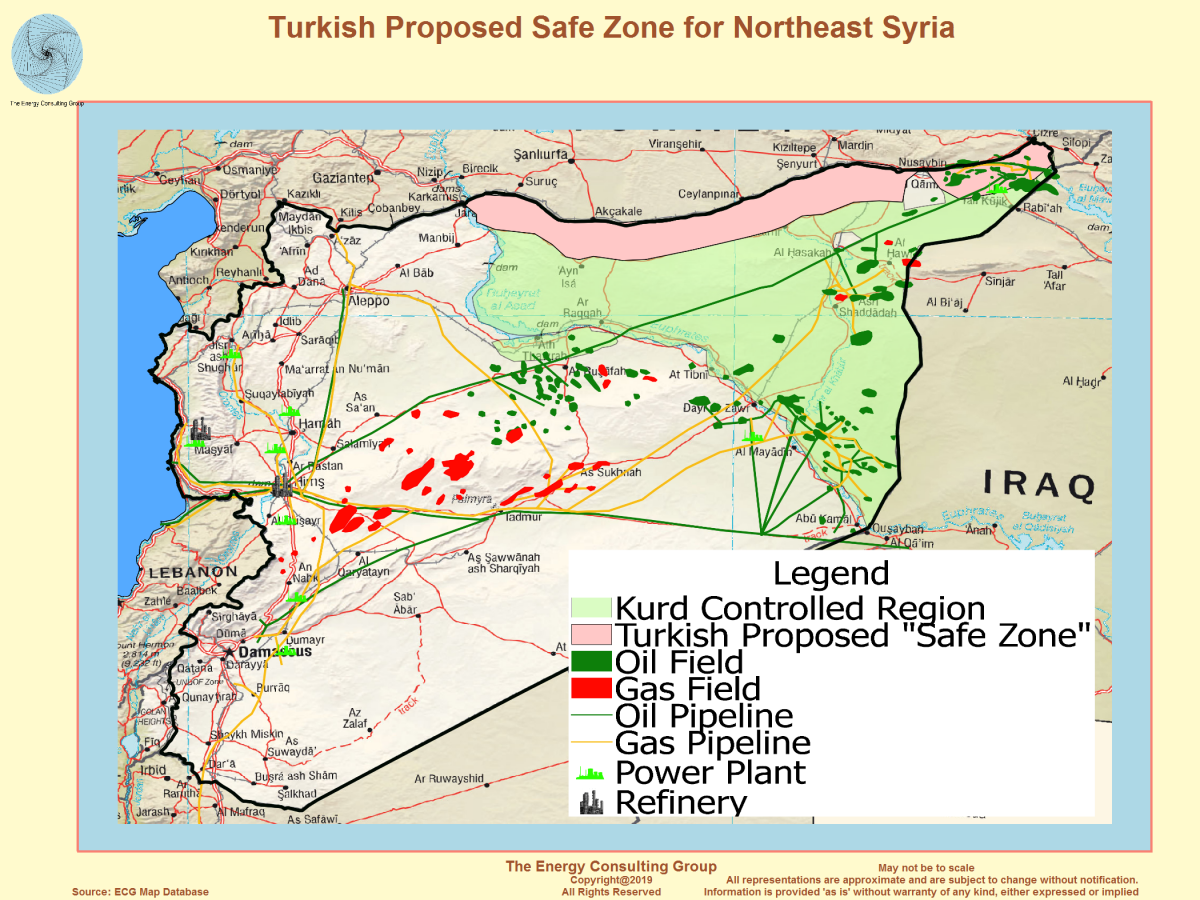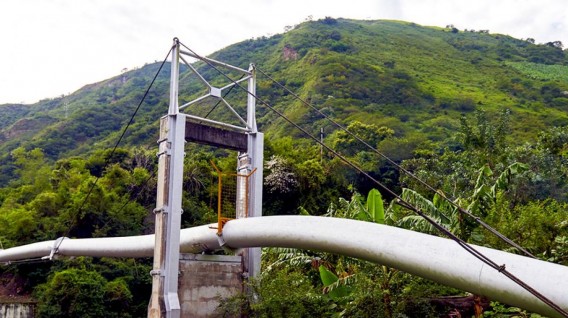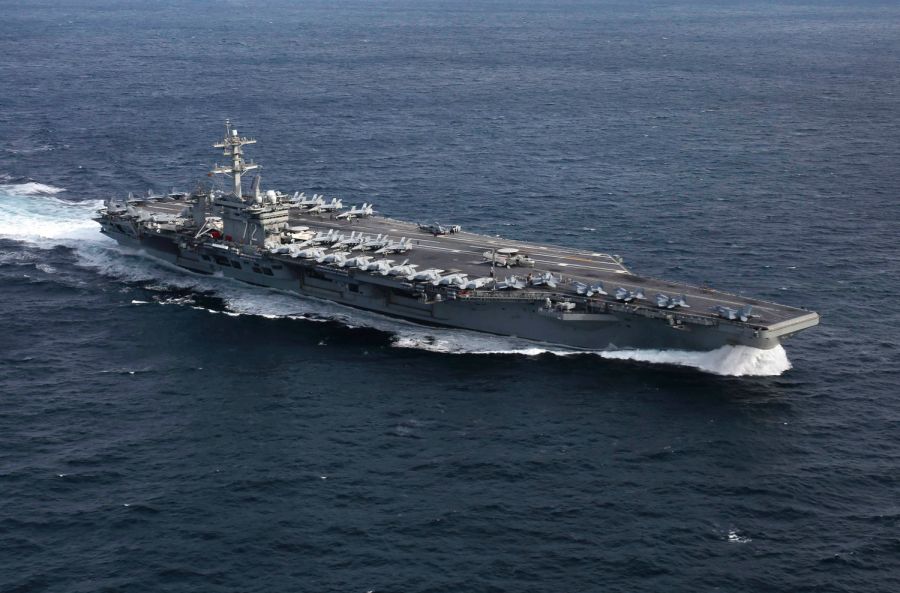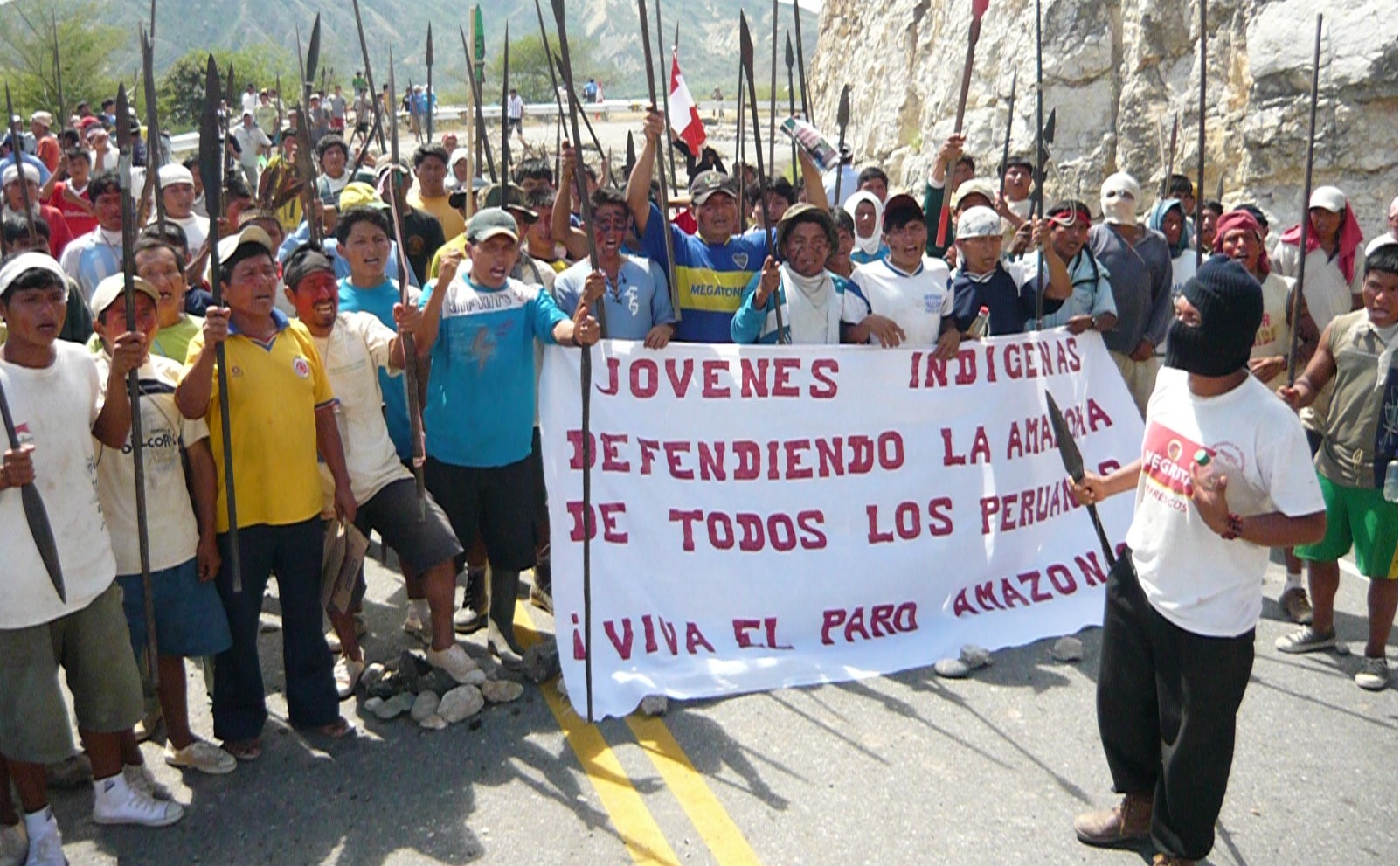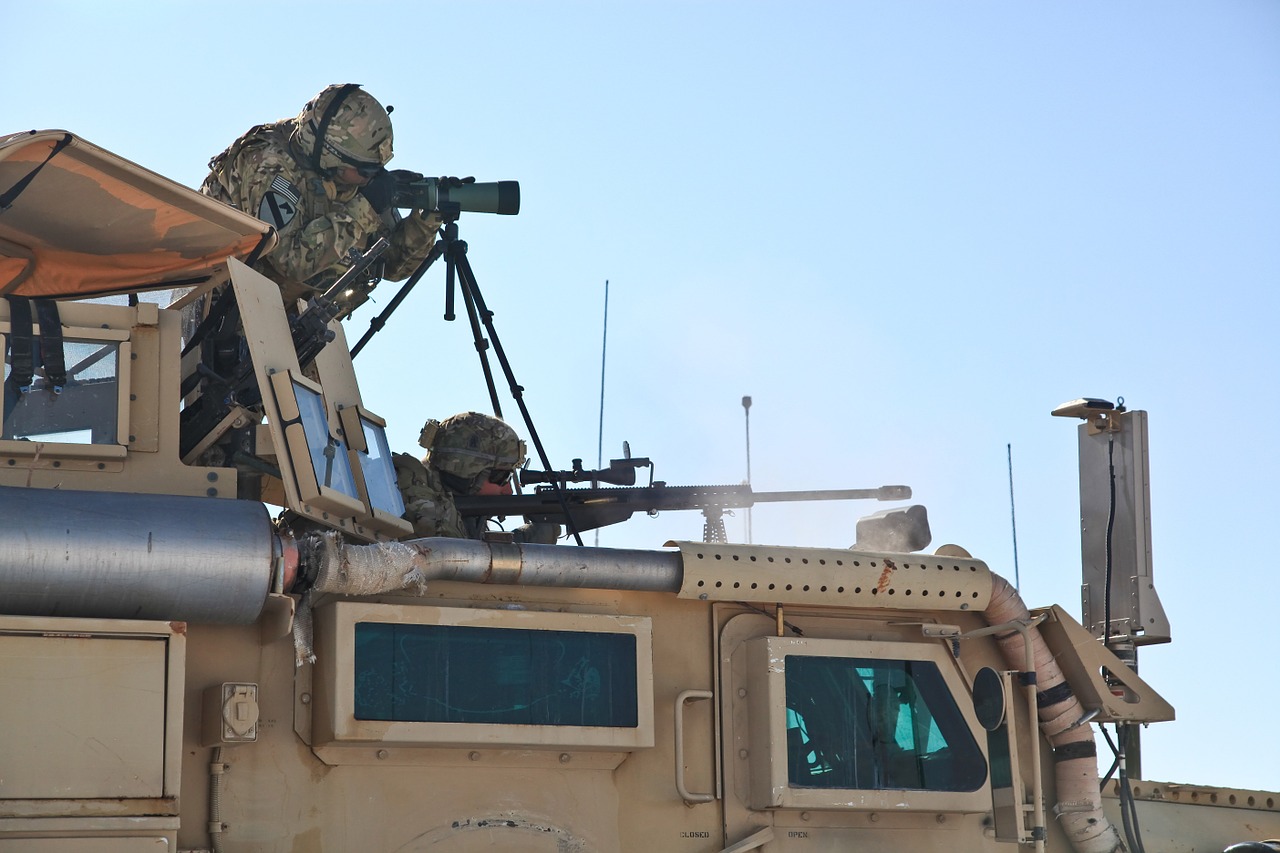
Iraq and Afghanistan: US troops out, Chevron in?
Playing to anti-war sentiment just in time for the election, the Trump administration announces a draw-down of thousands of troops from Iraq and Afghanistan. This comes as Chevron has quietly signed an agreement with Iraq for the development of the massive Nassiriya oil-field. Chevron has also announced a new initiative with Kazakhstan, with an eye toward oil exports through a trans-Afghan pipeline. We’ve been hearing talk of a US “withdrawal” from Iraq and Afghanistan for years—but military advisors and contractors have always remained, and ground troops have always been sent back in again as soon as things start to get out of hand. And as long as oil money follows the military, that will always be the case. Don’t be fooled. (Photo: Army Amber via Pixaby)



